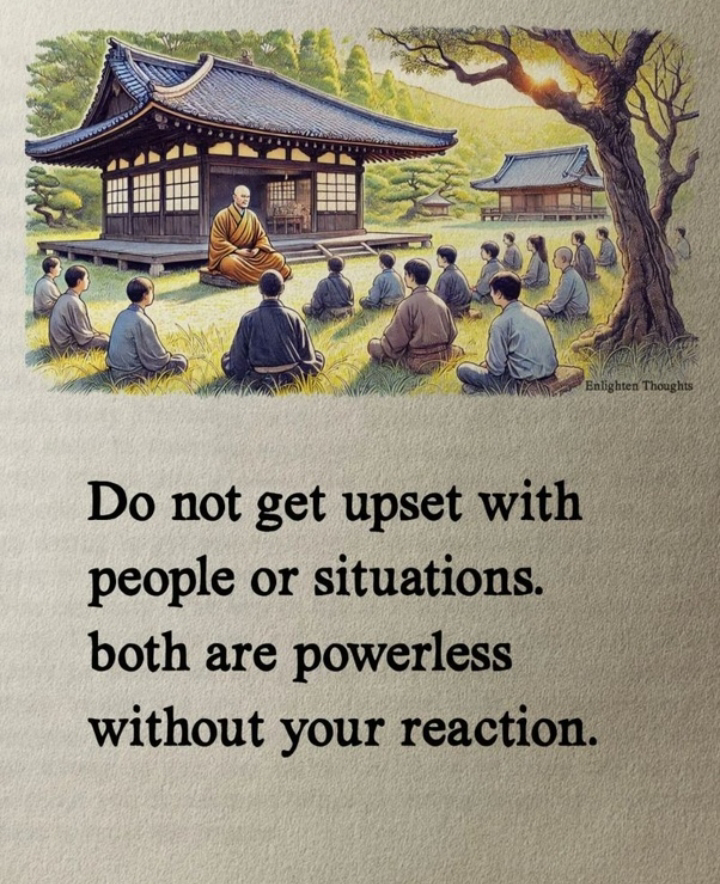Hi, today I want to share an interesting topic, namely "strategies to get out of stagnant life", The reason I chose this topic is because many people experience stagnation in their careers or jobs, Many people are willing to spend money to go far just to find a new life goal., all of that is nothing other than getting out of the monotonous stagnation of life, for some people,
Life stagnation what people feel like being stuck in a pool of quicksand, leaving you feeling uninspired, directionless, and demotivated. However, it's a condition that can be overcome with the right strategies. Here are some steps you can take to break out of stagnation and get moving again:
1. Reflection and Self-Assessment
The first step is to understand the root of the problem.
* Identify the Source of Stagnation: Be honest with yourself; what's making you feel stagnant? Is it a monotonous routine, an unsatisfying job, a troubled relationship, financial uncertainty, or a lack of purpose? Knowing the cause will help you formulate a solution.
* Evaluate Values and Priorities: Life is constantly evolving, and so are our values and priorities. Perhaps some things that were once important to you are no longer. Take time to reflect on what's truly important to you now. What do you want to achieve? What makes you feel alive?
* Acknowledge Your Feelings: Don't suppress feelings of boredom, frustration, or hopelessness. Acknowledging and accepting these emotions is a crucial step in letting go and moving forward.
Stagnation often stems from a lack of direction. Setting clear goals can provide a roadmap.
* Short-Term and Long-Term Goals: Start with small goals that you can achieve in a short period of time (e.g., learning a new skill, reading a book, exercising regularly). Then, think about larger, long-term goals you want to achieve in the next few months or years.
* Create SMART Goals: Make sure your goals are Specific, Measurable, Achievable, Relevant, and Time-bound. This will help you stay focused and motivated.
* Write Your Goals Down: Writing your goals down in a visible place can increase your commitment to them.
3. Take Small but Consistent Actions
Big changes start with small steps.
* Start Small: Don't wait to feel fully motivated. Just do one small thing that can break your stagnant habits. For example, tidy up a drawer, try a new recipe, or call an old friend.
* Build Momentum: Once you complete one small action, feel the satisfaction of that accomplishment and use it as motivation to take the next one. Consistency is key.
* Get Out of Your Comfort Zone: Stagnation is often synonymous with the comfort zone. Try new things that challenge you a little, such as taking up a new hobby, taking a course, or traveling somewhere you've never been.
4. Develop Yourself and Learn New Things
Learning is a powerful antidote to stagnation.
* Learn New Skills: Take online courses, read books, watch tutorials, or attend workshops. New skills not only improve your abilities but also open up new opportunities and provide a sense of accomplishment.
* Broaden Your Horizons: Explore topics different from your field, listen to inspiring podcasts, or discuss new ideas with others. This can spark new thinking and fresh perspectives.
* Read Books: Reading is a highly effective way to gain knowledge, ideas, and inspiration from diverse perspectives.
5. Maintain Physical and Mental Health
Physical and mental well-being significantly impact your energy and motivation.
* Healthy Diet: Good nutrition is the foundation for energy and focus.
* Regular Exercise: Physical activity releases endorphins, which can improve mood and reduce stress.
* Adequate Sleep: Lack of sleep can drain your energy and make it harder to think clearly.
* Manage Stress: Breathing exercises, meditation, or yoga can help you manage stress and promote inner peace.
* Seek Professional Support (If Needed): If feelings of stagnation feel overwhelming and difficult to overcome on your own, don't hesitate to seek help from a psychologist or counselor.
6. Expand Your Social Network and Connections
Positive social interactions can provide energy and new perspectives.
* Strengthen Existing Relationships: Make time for those close to you who provide positive support.
* Forge New Relationships: Join a community, club, or group that shares your interests. Meeting new people can open doors to unexpected ideas and opportunities.
* Ask for Feedback: Talking to a friend, mentor, or family member about your feelings can provide new perspectives and solutions you hadn't thought of.
7. Practice Gratitude and Mindfulness
Changing your mindset can be incredibly helpful.
* Practice Gratitude: Focus on the good things in your life, even the small ones. Writing a gratitude journal daily can help shift your perspective from lack to abundance.
* Practice Mindfulness: Being in the present moment, noticing your thoughts, feelings, and physical sensations without judgment, can reduce anxiety and increase your appreciation for life.
Breaking out of a slump is a process, not an instant event. There will be days when you feel like you're moving forward, and days when you feel like you're going backward. The important thing is to be consistent in your efforts and be kind to yourself along the way. By gradually implementing these strategies, you'll begin to see changes and rediscover your passion and direction in life.
